The roles of antigens and antibodies
September 2021 | Reading time: 4 minutes
Table of Contents
With Rapid Antigen tests (also referred to as Lateral Flow tests) being more widely distributed by the NHS of late, it is essential we understand how it works and the difference between antigens and antibodies.
Free rapid antigen tests have been made accessible in order to protect the success of the vaccination programme and help impede the further spread of COVID-19.
According to the NHS, one out of three infected persons are asymptomatic but are just as capable of spreading the virus to anyone they come in close contact with. Thus, everyone is being advised to take rapid antigen tests at home at least twice a week (every 3-4 days).
Read more – PCR tests or Lateral Flow tests: Which to take?
Regarding foreign travel, lately, the use of rapid antigen tests has been permitted in lieu of PCR tests in certain cases.
So, what is this ‘antigen’, and how is it different from the other trending term in today’s lexicon, ‘antibodies’?
Putting it simply, antigens cause you to become sick, and, as a result, antibodies are formed by your body to defend itself against the antigens.

Antigens vs antibodies
Antigens, also referred to as immunogens, are typically viruses or bacteria found in the blood, but they can be other external substances that may endanger your health.
When an antigen enters the body, an ‘immune response’ is triggered: the body’s white blood cells, or lymphocytes, produce antibodies to fight against the threat.
The two main types of antigens are heteroantigens and autoantigens.
Heteroantigens are foreign substances like viruses, bacteria and allergens, among other things. Autoantigens are ones created within the body due to autoimmune disorders.
SARS-CoV-2, the virus responsible for COVID-19, falls under the former category.
Antibodies are proteins produced by B lymphocytes when the body is under attack. Antibodies are created specifically for the antigen that triggers the body’s immune response. The antibody then binds with the antigen, in effect killing them.
There are several types of antibodies the body produces for different kinds of afflictions. For COVID-19 infections, the body’s immune system produces IgG antibodies.
Antigens and antibodies in COVID-19 testing
Rapid Antigen tests
Rapid Antigen tests are used to determine the presence of COVID-19 infections in people without any symptoms. Swab samples are collected from a subject’s nose and throat and are analysed for the presence of SARS-CoV-2 antigen proteins. Rapid antigen tests are easy to perform and they return very quick results; antigen tests like the lateral flow test uses a simple device similar to pregnancy tests.
Although rapid antigen tests can help put your mind at ease about not being infected with COVID-19, they are not 100% reliable. If you suspect a possible infection even after a negative result, you must always confirm with a PCR test.
Antibody tests
As the name implies, antibody tests use a person’s blood sample to ensure the presence of antibodies. However, these tests cannot be used to determine whether the person has a current infection. Antibody tests can help understand if a body has begun to defend itself against a COVID-19 infection. Furthermore, it can be used to find out if someone has had an infection previously.

How vital are antigens and antibodies in vaccines?
The purpose of vaccinations is to help prepare the body’s immune system for possible infections and other diseases.
Traditionally, vaccines are comprised of antigens in weakened states or their inactive parts. When a person is injected with the vaccine, the B cells are prompted to produce the particular antibodies to fight the specific antigens.
Modern vaccines, such as mRNA vaccines, use genetic blueprints of an antigen instead of actual antigen proteins to bring about the same results as traditional ones.
Some COVID-19 vaccines use mRNA, and others use modified inactive viral components.
Once the immune system recognises the antigen, the B cells react by replicating themselves and create an army of antibodies. The antibodies then remain dormant for when the actual infection attacks the body.
In other words, vaccines supply the body with information about antigens (sometimes using actual antigens), and in response, the body’s immune system produces the corresponding antibodies.
You can now use Rapid Antigen tests for foreign travel, follow this link for more information.
Related Articles

Does Make-Up Harm the Skin?
Men and women all over the world wear make-up, whether it is for a special occasion, or on a daily...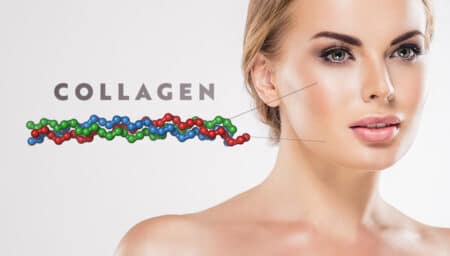
What is collagen?
Information on collagen and how it affects our bodies. Collagen is the protein that holds us together. It is the...
A Gentleman’s Guide to Younger Looking Skin
This guide highlights non-invasive treatments that available to the discerning gentlemen who wish to have younger looking skin. (more…)
No Time To Exercise?
Want to lose weight or have a more toned body, but have no time to exercise? It is very easy...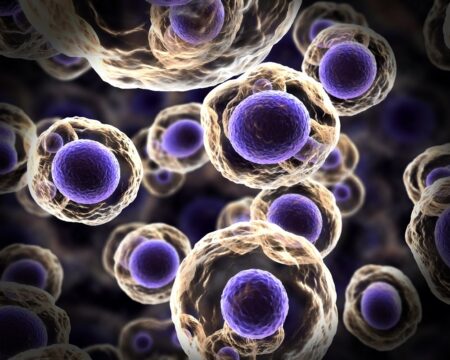
The Latest Innovations in Non-Surgical Beauty Treatments
Embrace the Future of Beauty In the ever-evolving world of beauty, non-surgical treatments are taking center stage. With advancements in...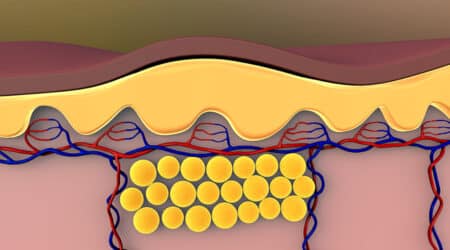
Block Fat Absorption for Effective Weight Management
Living healthy is not an option but a necessity! Our health is the foundation to everything else we do in...
The Insider’s Guide to Effortless Weight Loss
Ditch the Diets, Embrace the LifestyleLet's face it, diets are temporary and often leave us feeling deprived and frustrated. The...
Common Diet Mistakes That Can Make You Fat
Have trouble losing weight? Do you stick to your workouts and eat clean, but your efforts are in vain? If...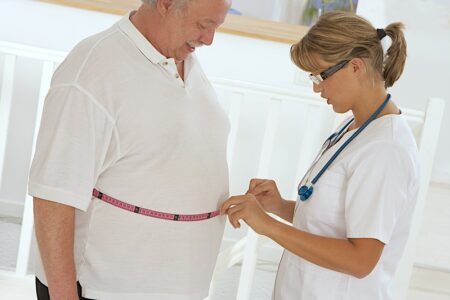
The Honest Truth About Weight Loss: My Personal Journey
Why I Decided to Embark on a Weight Loss JourneyLike many people, I've struggled with my weight for years. It...
Unlock Your Natural Beauty: Exploring Non-Surgical Treatments
Embrace Your RadianceIn today's fast-paced world, it's essential to prioritize self-care and embrace our natural beauty. While surgical procedures were...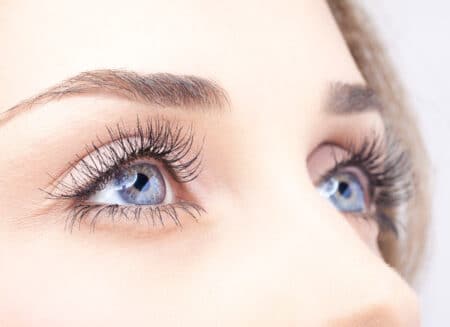
Preparing for non-surgical blepharoplasty
While you consider whether you could benefit from a blepharoplasty treatment, read about preparation, aftercare, and what to expect. Plasma...
Embracing the Future: The Wonders of LED Light Facial Therapy
The Magic of LightIn our ever-evolving world of technology, we've witnessed remarkable advancements that have transformed various aspects of our...Happy Customers
1,843 Reviews and CountingMobina carried out this treatment and she is v knowledgable, professional and attentive throughout. I’ve got my next appointment booked & can’t wait to see the results after that session.
I would highly recommend this treatment and Mobina.
 close
close



